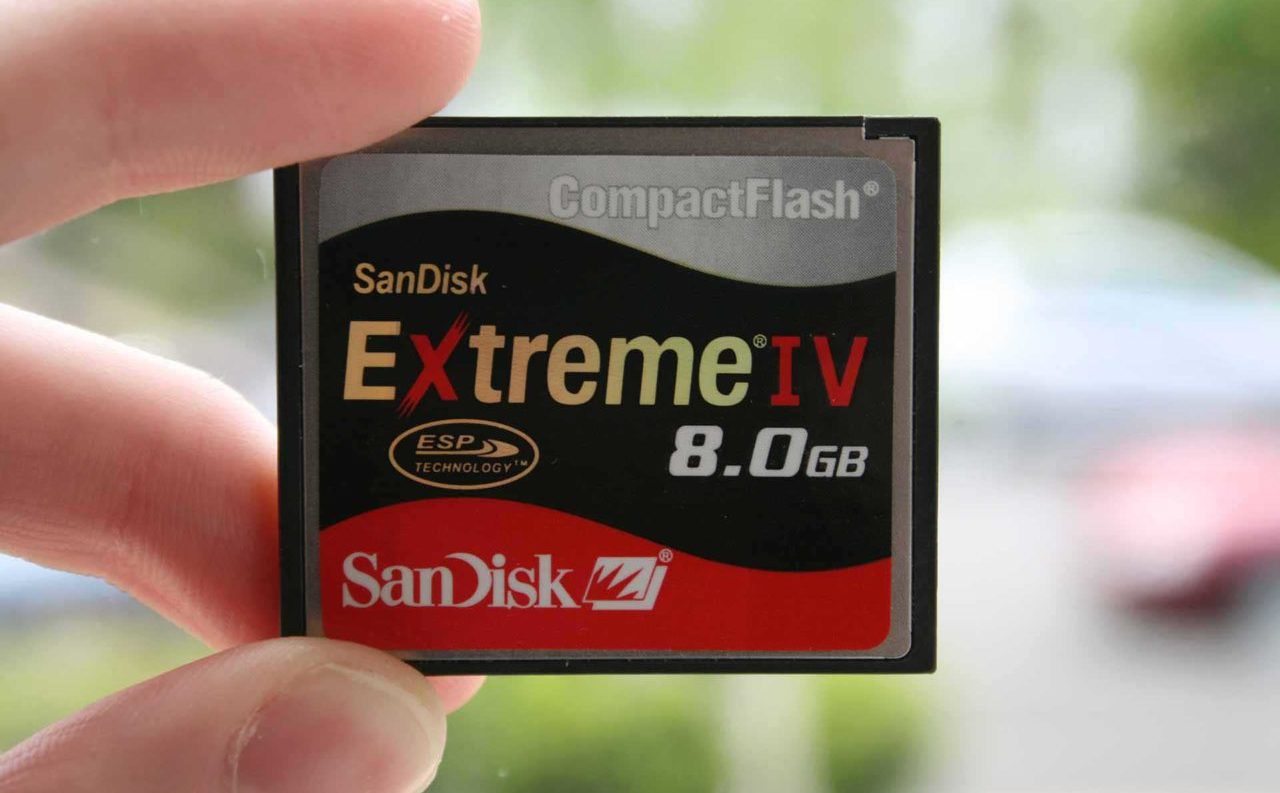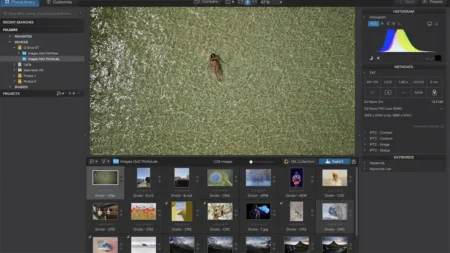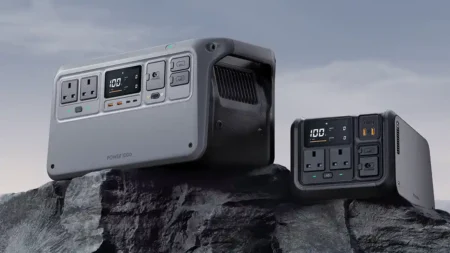The CompactFlash Association has announced ‘the next generation’ of its memory cards, introducing the CFexpress memory card format.
The CFA says the new memory cards are aimed at professional imaging, personal computing, servers and industrial uses.
What’s more, the CFA says the new cards differ from previous formats in that their performance levels can be matched to the requirements of each of these industries.
Get this 32GB Kingston SD card at 82% off for just £7!
From the release:
CFexpress leverages the PCIE® physical interface for higher performance based on the high-volume compute industry. PCIE® CFA’s objective is to specify multiple removable storage devices that spans from two lanes architecture all the way up to eight lanes.
With the current PCIE® Gen 3 delivering maximum theoretical interface speeds of 1.0GB/sec per lane, CFexpress would enable theoretical sequential speed of up to 8GB/s.
CFexpress also utilizes the low latency NVM Express® memory/storage protocol across all of the form factors. This enables compatibility with a broader set of ecosystem components, such as controllers, OS, capture devices and workflow modules.
In imaging, compute and industrial applications, the use of PCIE® /NVM Express® enables access to a wide range of open standard platforms consisting of mature and proven drivers.
In addition, the new CFexpress format also enable easy compatibility with the Thunderbolt® interface which is also based on PCIE®. Actual CFexpress products will vary in performance based on market requirements and protocol overheads.
Professional video data rate requirements are growing at an exponential rate exceeding the capabilities of existing open standard formats. 4K RAW video at 30fps requires 400-500MB/sec of sustained performance not including any overhead to guarantee performance over the entire recording media.
4K RAW video at 120fps requires 1,600-2,000MB/sec. 4K RAW video at 240fps requires 3,200-4,000MB/sec. Even in High-Quality I-Frame compression formats, the data rates quickly exceed 1.0GB/Sec at high frame rates.
READ MORE
10 camera accessories every photographer needs
10 digital camera tips, tricks and truths you may not have known



